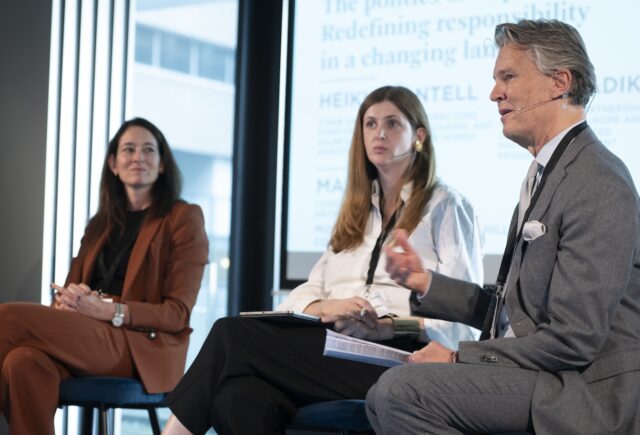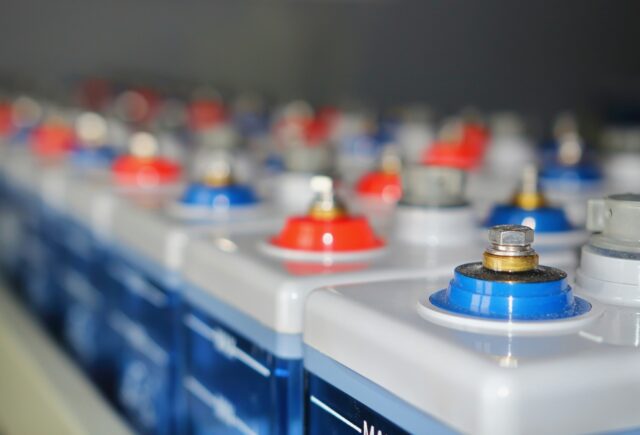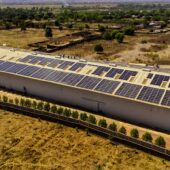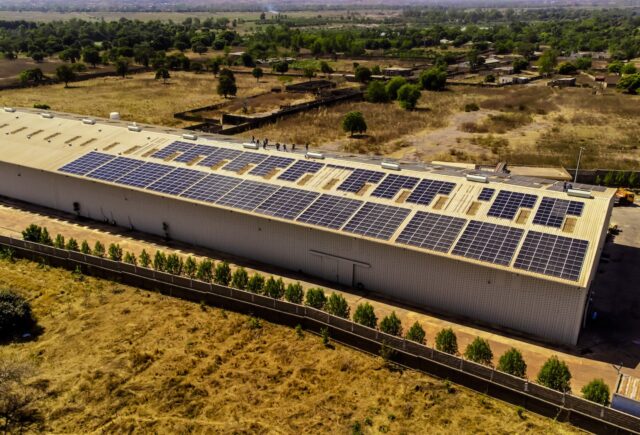We meet the founders of Green Generation Fund, one of Europe’s newest early-stage impact investors, backing food and green tech innovators
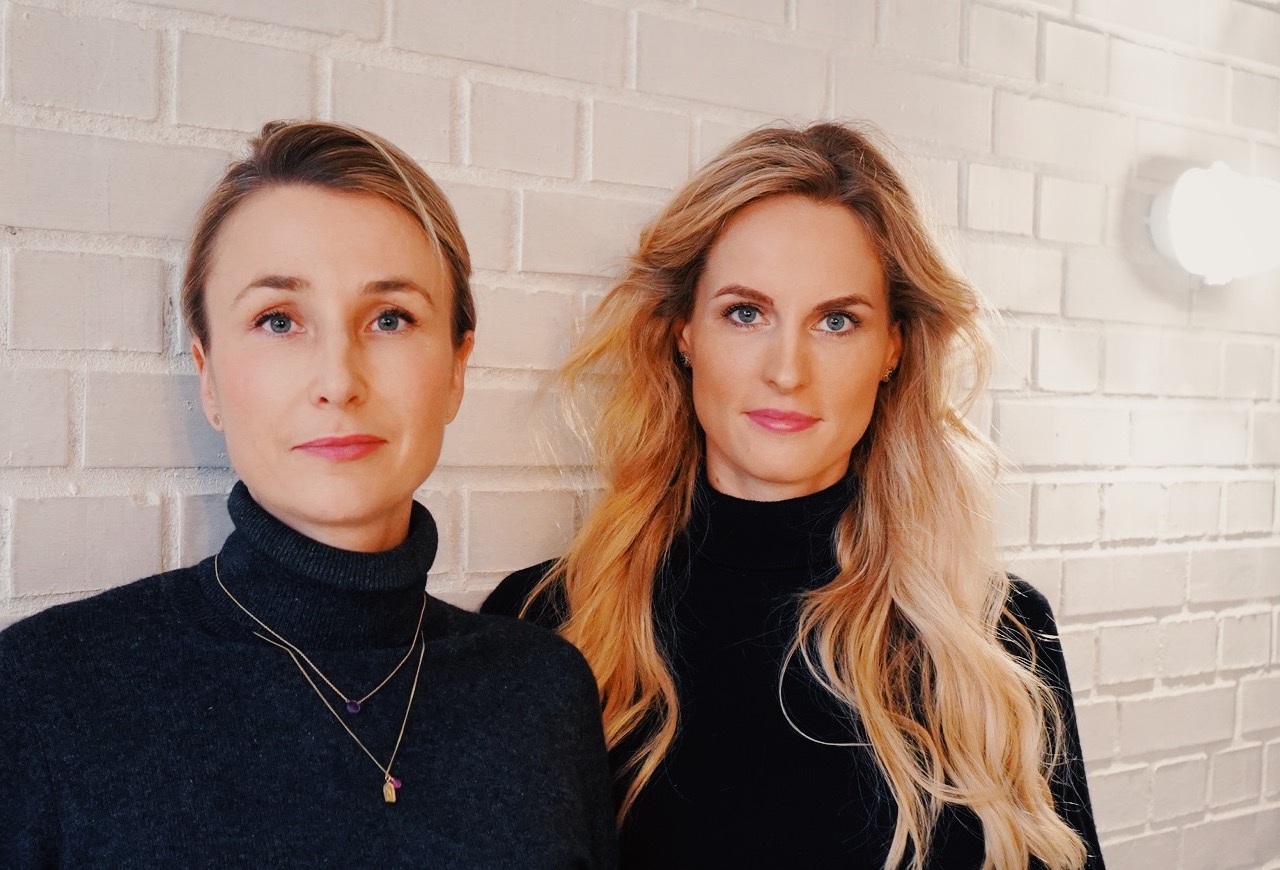
In brief
- Green Generation Fund has raised €100m from institutional and private investors
- It invests in disruptive innovators in the green and food tech sectors
- Investments include vegan eggs complete with shell, and cell-cultured human milk
Manon Littek and Janna Ensthaler decided at the beginning of last year to create their own fund focusing on the two areas they found most relevant to driving change: food tech and green tech.
Littek tells Impact Investor that by green tech they mean they “are open to investing in any breakthrough technology which is going to have an impact on fighting climate change”.
The pair met at Oxford University where one was studying philosophy and the other economics. They both then followed separate careers, Ensthaler as an entrepreneur who has successfully founded three startups, and Littek as an early-stage investor.
Ensthaler says that though they are not scientists, they “have the other key skills necessary in selecting exciting early stage technology companies. And when it comes to scientific advice, we have senior scientists on our advisory board and were able to bring other scientists into the team”.
She also believes that “having a team led by two women is an attraction both for potential co-workers and also for a lot of female founders”.
Investor support
The Green Generation Fund recently reached €100m in fundraising for its first generation fund, as covered by Impact Investor. Investors include the European Investment Fund (EIF), which contributed €25m backed by an EU budget guarantee from the InvestEU programme. KfW Capital, a subsidiary of German development bank KfW, also invested €10m.
In addition to EIF and KfW Capital, the fund brought a circle of private investors on board, including Florian Wendelstadt as anchor investor, and family offices such as Kaltroco, Burda and SAP founding family Hopp.
Ensthaler says: “We have a fabulous group of LPs who represent a ‘Who’s Who’ of the leading family offices, together with investors specifically interested in the food tech space.”
Focus and methodology
“We have very deep networks in the food technology space” Littek affirms. “In particular we have spent several years investing in plant-based food companies. We increasingly realised that the next category would be really ground-breaking, as scientists took the technology of fermentation and laboratory-created cells to create food products with proteins and textures that are very similar to animal products.”
Based in Berlin and investing across Europe and the US, the team has already backed its first eight portfolio companies and will deploy its capital in 20 to 25 ventures in the food tech and green tech space. It concentrates on early stage investing, which the company defines as pre-seed to Series A funding.
Apparently, most deal flow comes from the two founders, together with Peter Dorfner, founding principal, who was previously head of investments at Katjes Greenfood.
“We’re in the right space,” says Ensthaler. “We see a lot of opportunities. But it’s very important when you’re investing in technology that you look at businesses very closely. We are looking for big solutions to big problems.”
She says that potential investments need “to have strong IP behind them and be disruptive of the status quo. In our due diligence we of course will look at the team, our emphasis is on how energetic they are and how passionate about the impact they can have. We are 100% impact investors”.
Green Generation always looks at the impact of any investment in broad terms, not just regarding CO2 emissions but also in terms of biodiversity. They also look at the food industry ‘in the round’, in terms of considering packaging and plastics, and the social impact.
Portfolio
Ensthaler is loath to pick out any particular company from the eight investments that they have made so far. Having said that, she says that the work that their “portfolio company Neggst is doing creating plant-based egg white, egg yolk and an eggshell is very exciting. It is the first time anyone in the world has patented technology of this kind”.
She also highlights Biomilq, a company that “leverages a patent-pending technology to produce equivalent breastmilk outside the human body from cultured mammary cells”.
Are there any ethical issues here? Littek says: “Fermentation is an old technology and is a very efficient way to get proteins that are much closer to plant proteins. You also have to consider the ethical consequences of the positive impact we are having.”
She argues it has been proven that human milk during the first six months of a baby’s life has a very long-term effect on an individual’s health outcomes, and a deficiency can lead to long term illness. Globally a lot of women “cannot breastfeed their babies so the work we are doing has very significant impact”.
Ensthaler tells us they are not actively fundraising but are “open to new investors who are committed to our kinds of impact. In this fund, we will expand into green tech where we believe a lot of the technologies are similar, particularly in the agricultural area. Eventually we will have a follow on fund to this”.
Littek concludes: “Our actions in the next three years will define how we will live as humankind in the decades and generations to come. It’s a turning point to a liveable future and we believe that the solutions will be found in disruptive innovations.”

